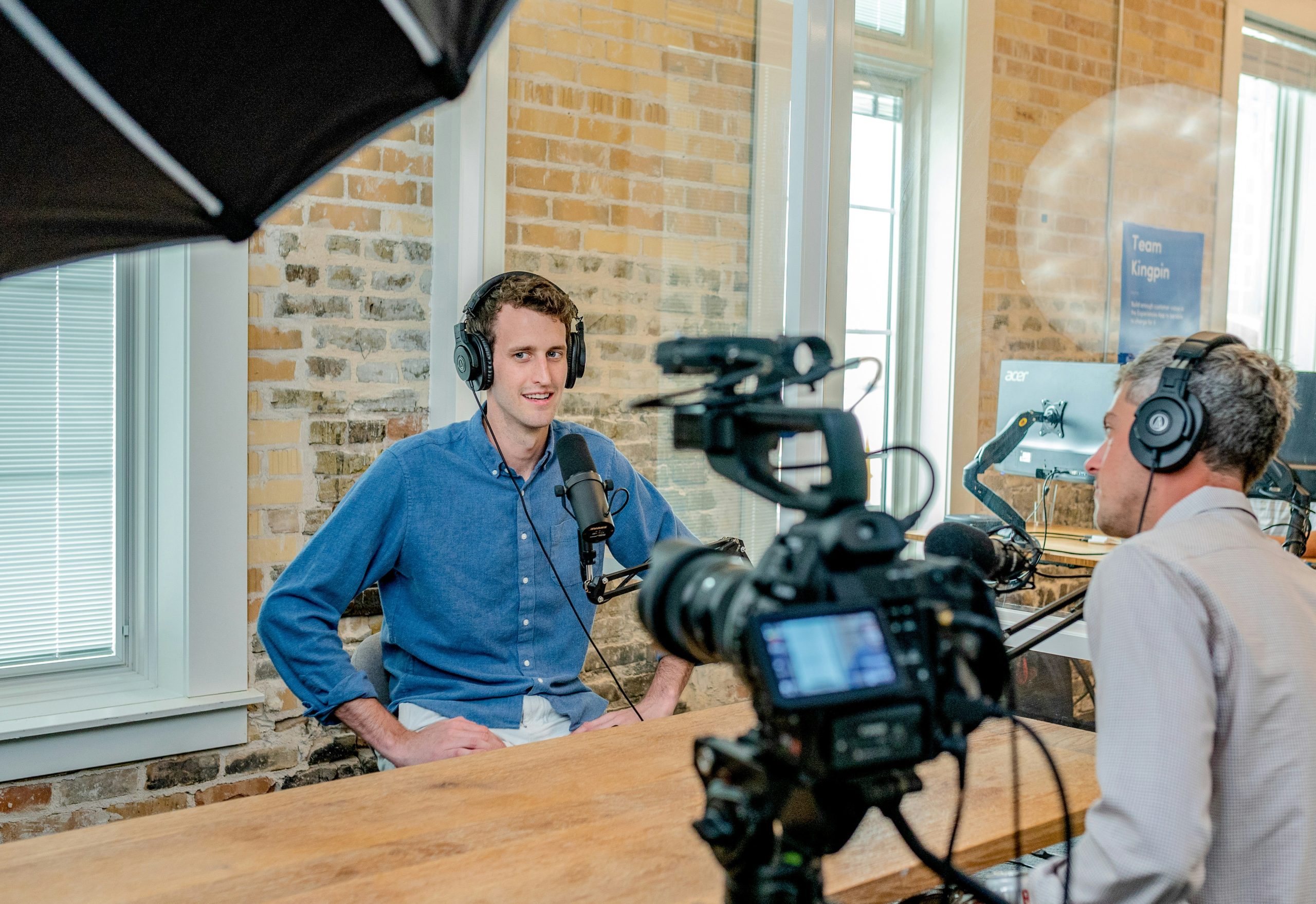
As a journalist, I never went out of my way to trick the people I interviewed. But there were times when the story an interviewee thought they were telling was not the story I wrote.

I once produced an article about a company with a new internship program. It should have been a positive story for the business.
But when I asked about the motivation for starting the program, the spokesperson started talking about management’s frustration at being unable to find experienced staff. He went on to say they’d tried hiring from other firms but had lost staff to competitors as well.
So, the story I wrote was about that business struggling to attract and retain staff – and, worse still, having to hire inexperienced candidates to fill the gap. I’m pretty sure it wasn’t the headline they wanted.
Another time, I interviewed a person from a wealth management business about what investors should do with their money. After an interview was over, I’d always ask: “By the way, how’s your business going? What’s keeping you busy?”
And this person told me they were flat out, changing processes because they were moving to a different financial services license.
Of course, I asked more questions and ended up writing an article about how the business was leaving its financial advice group to join another. It turned out the split wasn’t amicable – and that person wasn’t authorised to talk about it. I expect there were a few internal discussions after the article came out.
Getting it right
To me, it all shows the importance of knowing what you can and can’t talk about in an interview — and understanding anything you say to a journalist can be reported. You don’t have the right to ask journalists to leave something out.
It’s not that I was trying to catch people out. As a journalist, I was just always thinking: what’s the most interesting story here? What’s the headline going to be? How can I quote this person?
Now that I work in public relations, I often think that if only those people had media training (or remembered their media training!), the stories from their interviews might have been better for their business.
Media training ensures people know how to get their message across properly and avoid tricky questions that might alter the outcome of an interview. Honner offers customised media training sessions designed by our team of former journalists, including both theory and practical training based on scenarios that our clients are mostly likely to encounter. We also reinforce that messaging in briefing materials prior to interviews – ensuring clients are prepped and prepared to confidently deliver the best media outcomes.
For more information about our custom media training programs contact Zoe Paterson – zoe@honner.com.au

